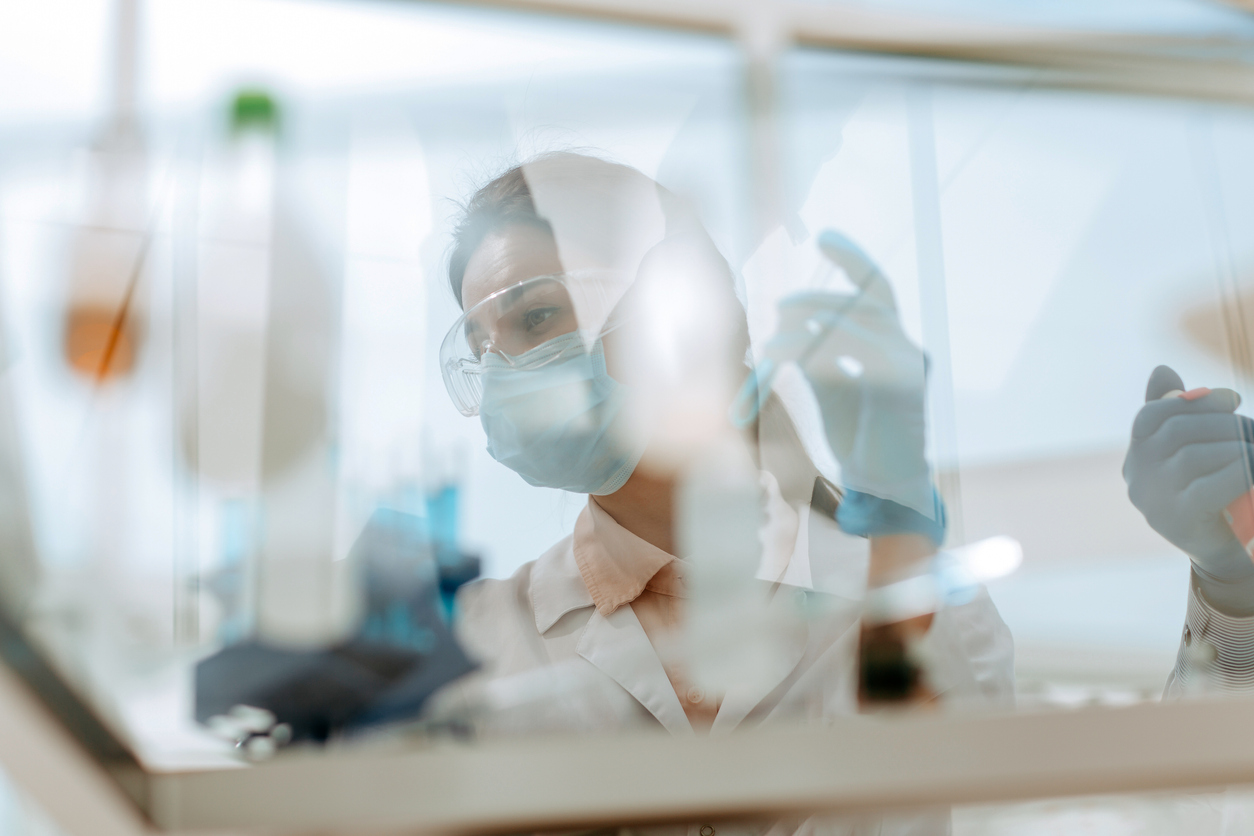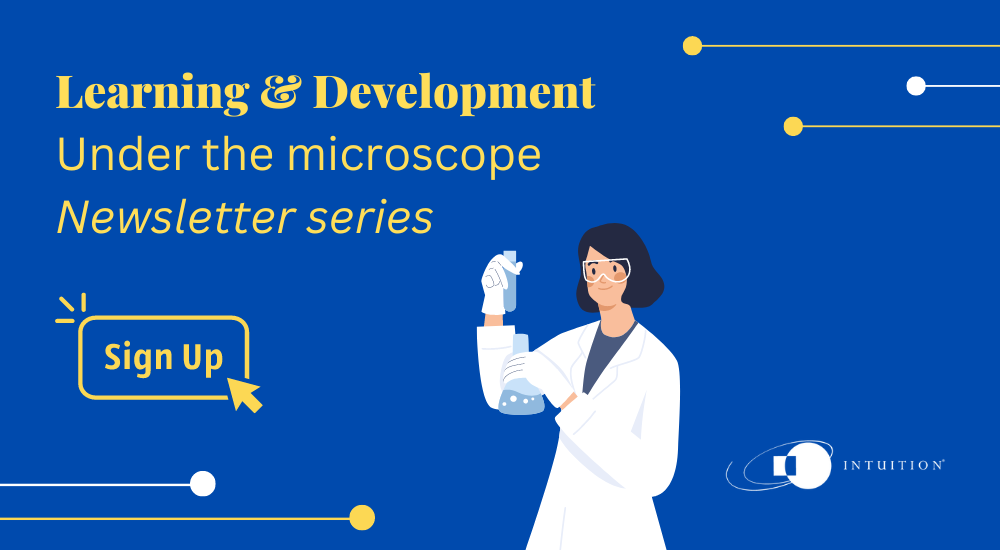Five human skills needed in Medical Affairs
“The value of the Medical Affairs function is dependent on understanding customers’ needs and providing the right knowledge at the right time to physicians”
Medical Affairs is quickly becoming one of the most strategically important functions across life sciences companies, and the remit of Medical Affairs professionals is expanding significantly. Typically, the function plays a role in enhancing knowledge of different stakeholders, often acting as scientific and healthcare partners to healthcare professionals (HCPs). More recently, as companies place increasing emphasis on innovation, these teams are engaging with a much broader range of stakeholders, embracing such diverse entities as payers, advocacy organizations, and even patients.
Gain an in-depth understanding of L&D in Life Sciences. Sign up to our newsletter. Click here.
The emergence of digital ways of working expedited by the COVID-19 pandemic has propelled Medical Affairs professionals outside of their comfort zone. The function is defining new stakeholders and evolving in the way it interacts with customers – adapting new technologies, introducing novel engagement models, collaborating with partners who have digital capabilities – all while meeting existing responsibilities.

By definition, Medical Affairs professionals must have a deep STEM background and strong credentials, usually in the form of a PharmD, PhD or a clinical degree. The real challenge for Medical Affairs teams is to develop a repertoire of non-scientific skills to help them to thrive in an ever-demanding future.
Here are five skills that Medical Affairs teams will need to deliver in their newly expanded role:
1 Communication and interpersonal skills
To understand and maintain integral relationships with HCPs, KOLs, and even internal stakeholders, Medical Affairs professionals need to be able to communicate effectively across different mediums and channels. Keeping up with changes in communications habits and adopting new digital tools and technology, particularly as virtual engagement becomes increasingly the norm.

2 Creativity and innovative thinking
In the age of new digital tools and continuous technological and medical marvels, the modern Medical Affairs professional is bombarded with new streams of data, new platforms, and new stakeholders. The ability to think creatively in the context of this deluge will be essential in order to make sense of all the noise. Medical Affairs teams must adopt a continuous learning mindset to keep up to date with new technology and adapt to the digital way of life.

3 Problem solving and agility
Acquiring new skills and abilities and adapting new technologies while striving for medical and operational excellence requires an enormous amount of clerical speed and accuracy. It is about retaining composure under pressure and the capacity to move quickly and decisively in anticipating and taking advantage of opportunity, while collaborating to avoid disaster.
[A 5 Step Process to Optimize HCP Engagement When Launching Your Digital Customer Ed Experience]

4 Digital fluency
Medical Affairs teams must adopt a continuous learning mindset to keep up to date with new technology and adapt to the digital way of life. The proliferation of health data and innovation in technology necessitates rapid upskilling of digital capabilities for Medical Affairs. From accessing, collecting, and aggregating novel sources of health data and insights to engaging stakeholders in a virtual environment, digital fluency is a must-have for Medical Affairs.

5 Effective leadership
Driving the business on the same level as commercial teams, Medical Affairs professionals must demonstrate the ability both to execute deliverables and also the organization’s vision. This requires all the skills listed above as well as inspiring leadership to take on completely new responsibilities or replacing those previously championed by other functions.

